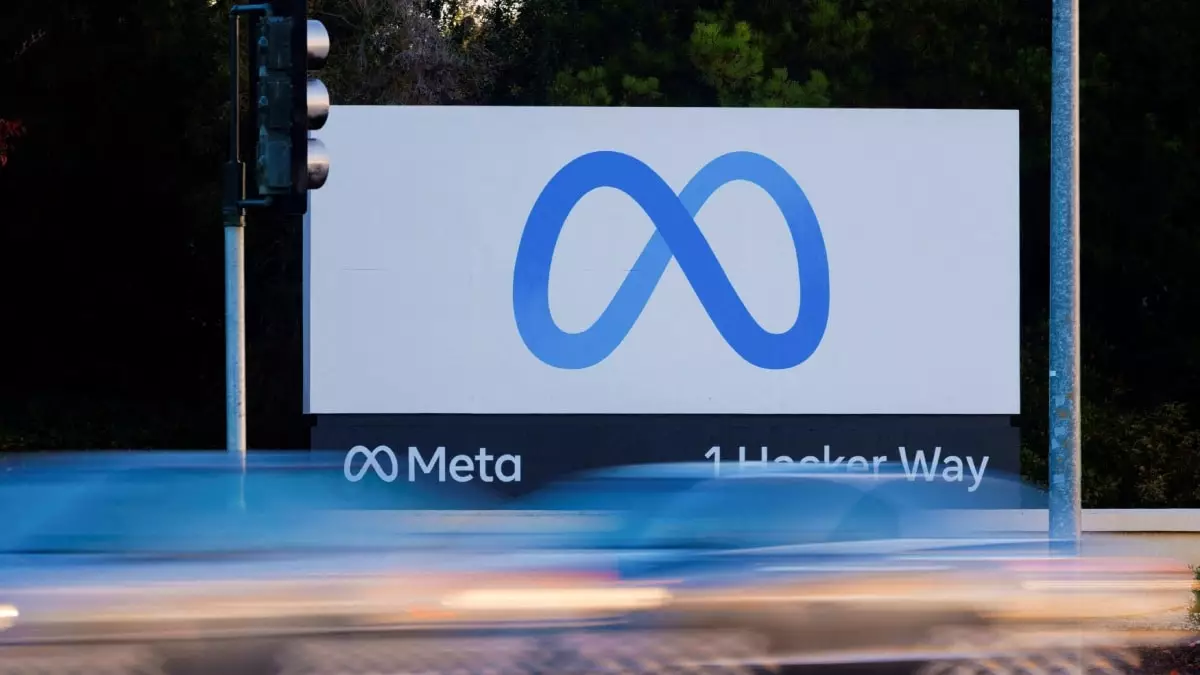Meta Platforms has long positioned itself as a leader in social media innovation, but its recent support failures cast significant doubt on its claims of providing premium user care. With the rollout of Meta Verified, the expectation was that paying users would gain priority assistance and clearer communication channels. Instead, they are met with an utter lack of meaningful support. The mismatch between promises and reality exposes a troubling trend—tech giants often prioritize monetization over service quality. For users who shell out nearly $15 a month and Indian users paying Rs. 699, the perceived value sharply declines when support channels are inaccessible or unresponsive. It is one thing to tout benefits; it is another to fulfill them in a manner that aligns with user expectations, especially during crises like account bans.
Automation and AI Failures: A Recipe for Chaos
The widespread suspension of accounts—many seemingly due to automated AI moderation—highlights a critical flaw in Meta’s reliance on algorithms. When AI systems struggle to differentiate between genuine content and violations, innocent users become collateral damage. The controversy gains gravity considering how these errors have resulted in major financial and personal losses—ranging from business disruptions to the loss of precious memories. The fact that Meta’s official responses amount to vague “technical errors” demonstrates an acute failure of transparency and crisis management. Instead of rectifying systemic issues, they appear to admin a reactive stance, offering few tangible solutions or clear explanations. This suggests that behind the facade of sophisticated AI lies a process prone to significant errors that erode user trust.
The Crisis of Trust and the Cost of Corporate Apathy
Behind the curtain of technical explanations, a broader trust deficit emerges. Users affected by suspensions describe feeling abandoned, especially when support links are broken and automated responses offer no real recourse. This helplessness fuels outrage, which worsens as lost data, memories, and for many, livelihoods, remain inaccessible indefinitely. The mounting pressure from angry users has transformed into legal threats and activism—such as the petition on Change.org, which collects over 25,000 signatures demanding accountability. These responses highlight a glaring disconnect: a platform that generates billions from user engagement fails to uphold accountability when it counts most. Meta’s apparent apathy towards user grievances reveals a troubling prioritization of brand image and profit margins over genuine customer care.
The Need for Reform: Accountability in the Age of AI
Meta’s current predicament reveals an urgent need to overhaul support infrastructure and moderation practices. Relying solely on AI without human oversight results in a brutal courtship with inaccuracies, especially for vulnerable users and small businesses. The company must recognize that trust is earned through transparency, accountability, and actual support. Systems need to be refined to reduce false positives, and, most critically, users should have accessible, real ways to appeal and resolve issues without being met with dead links or empty promises. If Meta wishes to maintain its position as a social media leader, it must prioritize building a support ecosystem that genuinely safeguards user rights, rather than leaning purely on automated solutions that alienate their user base and damage their reputation.


Leave a Reply